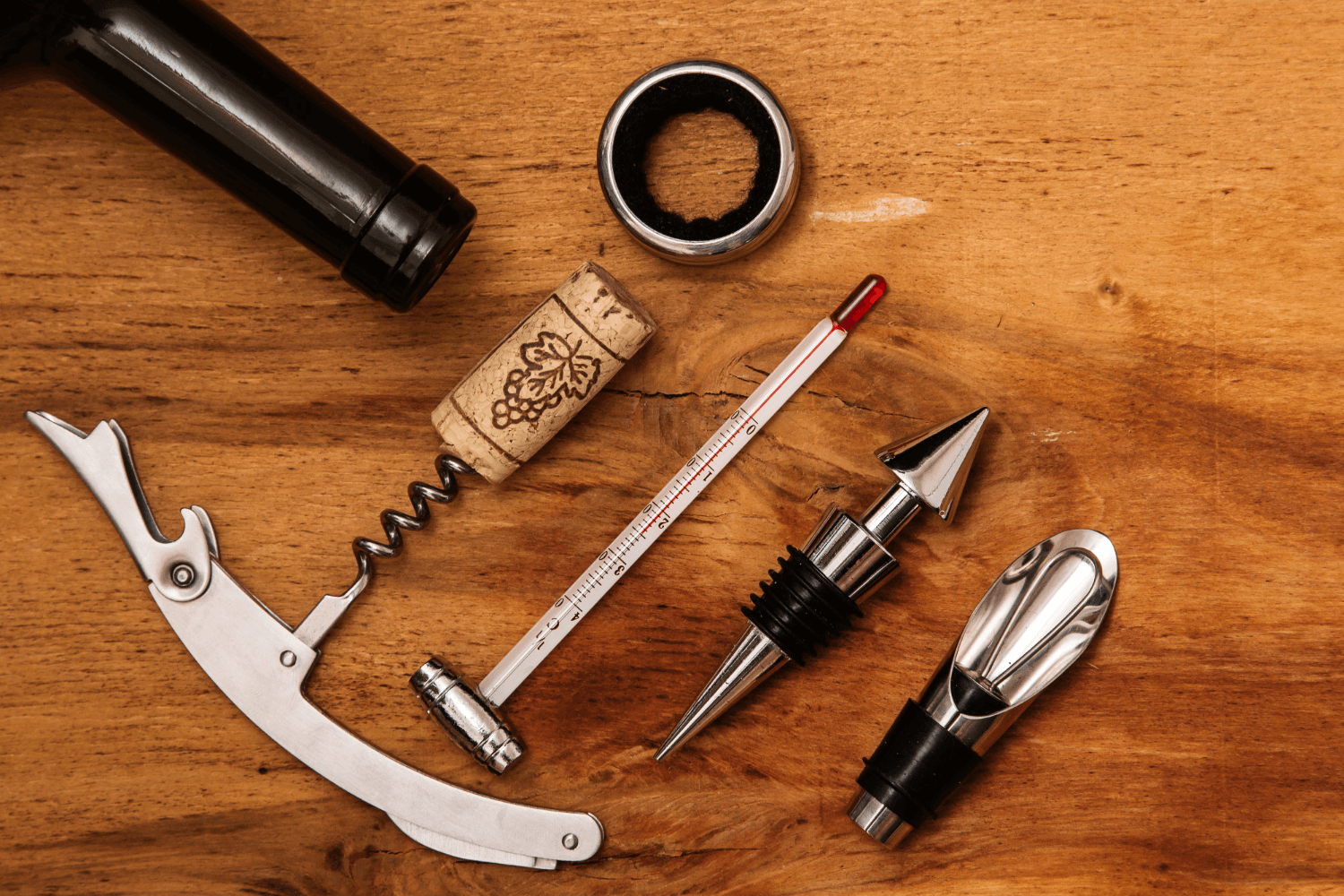Embarking on the journey of making wine at home can be both an exciting and rewarding experience. With a few essential accessories, you can transform your kitchen into a personalized winemaking haven. But what exactly do you need to get started? Let’s dive into the must-have tools that will ensure a smooth and enjoyable winemaking process.
1. The magic of wine making kits
The foundation of every successful home winemaking endeavor starts with the right wine making kits. These kits provide all the necessary ingredients and instructions, making them the perfect starting point for beginners. But why are they so essential? Wine kits simplify the process, guiding you through every step, from fermentation to bottling. They eliminate the guesswork, allowing you to focus on the art and joy of winemaking.
Choosing the right kit is crucial. Look for those that fit your taste preferences and come with clear, easy-to-follow instructions. A wine kit will typically include grape concentrate, yeast, and other additives needed for fermentation. You can explore options like this https://do-it-at-home.co.uk/en/43-wine-kits to get started.
2. Fermenters: the heart of winemaking
Once you have your wine kit, a fermenter is the next essential accessory. This is where the magic happens—the transformation of grape juice into wine. Fermenters come in various sizes and materials, but for beginners, a plastic or glass fermenter with a capacity of at least 23 liters is recommended. Why is the size important? It allows you to make batches large enough to enjoy and share with friends.
When selecting a fermenter, ensure it comes with an airlock. This small but vital component allows carbon dioxide to escape while preventing unwanted bacteria from entering, ensuring a safe and clean fermentation process.
3. Hydrometer: your winemaking compass
Ever wondered how winemakers determine the alcohol content of their wine? Enter the hydrometer, an indispensable tool for any home winemaker. This device measures the specific gravity of your wine, providing insights into sugar levels and fermentation progress.
Using a hydrometer may seem daunting at first, but it’s quite straightforward. Simply take a sample of your wine, place the hydrometer into the liquid, and read the scale. This will help you track when fermentation is complete and estimate the potential alcohol content. It’s like having a compass to guide you through the winemaking process.
4. Sanitizers: ensuring your wine’s purity
Cleanliness is paramount in winemaking. Even the slightest contamination can spoil a batch, so investing in a good sanitizer is non-negotiable. Whether you opt for a commercial sanitizer or a homemade solution, ensure that every piece of equipment is thoroughly sanitized before use.
What’s more, regular sanitizing not only protects your wine but also extends the lifespan of your equipment. It’s a small step that can make a significant difference in the quality of your homemade wine.
5. Bottle and cork: the final touch
After weeks of careful fermentation and monitoring, it’s time to bottle your creation. Choosing the right bottles and corks is essential for preserving the flavor and quality of your wine. Opt for dark glass bottles, which protect the wine from light exposure and help maintain its taste.
Corking your bottles securely is just as important. A good cork will seal the wine, keeping it fresh and aging gracefully. Consider investing in a corking tool, which can make the process easier and ensure a tight seal.
Embarking on the winemaking journey is like painting a masterpiece, with each accessory playing a vital role in the final creation. With these essential tools, you’re well-equipped to dive into the world of homemade wi

